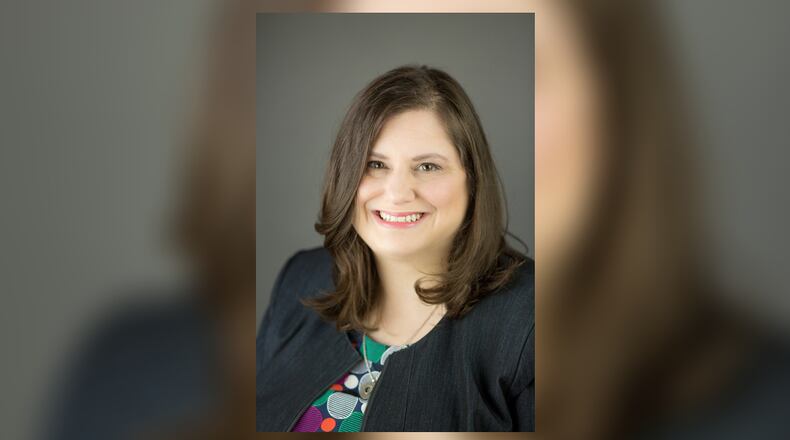Still, the Jewish people are incredibly resilient. So we speak up. Because silence is not an option.
At Temple Israel and across the Dayton Jewish community, we are responding. We’re educating, advocating, and building coalitions. We’re strengthening interfaith and civic partnerships to ensure that antisemitism is addressed alongside all forms of hate. We’re hosting forums to help recognize and call out antisemitism in all its forms — even in well-meaning spaces.
We continue our programming as a form of resistance. Our Jewish Cultural Festival took place last weekend — complete with music, food, and learning. It was a wonderful and joyous day. But attendance was down. While our Jewish community showed up, the broader Dayton community felt absent. At a time like this, showing up means more than words ever could.
The Jewish Federation of Greater Dayton leads the Upstander Program, which brings together people across backgrounds who refuse to sit idly by in the face of hate. We lean into efforts like this because we believe in the power of coalition — especially when hate tries to divide us.
We live in tension — naming the problem without amplifying the hate. I’ve had to question whether or not to post about rising antisemitic incidents — whether at Hebrew Union College or at a restaurant in Miamisburg — because doing so gives offensive voices more airtime. But not speaking up risks quiet acceptance.
We walk this tightrope daily.
So what do we do? We show up — for each other, our children, and our values. We keep educating, building bridges, and offering windows into Jewish life through festivals, classes, and partnerships. We teach our children that Judaism is not defined by its enemies, but by its enduring values — compassion, justice, and learning.
Yes, we invest in security — but we do so to foster community and strengthen our faith.
Antisemitism is not just a Jewish problem. It’s a societal problem. It grows in ignorance and division. It thrives when good people stay silent. The fight against it must be collective. We need neighbors, teachers, clergy, and leaders to speak up, educate themselves, and take Jewish concerns seriously.
There is a teaching in Pirkei Avot, a collection of ethical Rabbinic wisdom, that says: “It is not your responsibility to finish the work, but neither are you free to desist from it.” We may not eliminate antisemitism in our lifetime. But we will keep showing up. We will tell our stories. We will strengthen our communities. And we will not let fear define who we are.
Karen Bodney-Halasz is the Senior Rabbi at Temple Israel in Dayton.
About the Author
